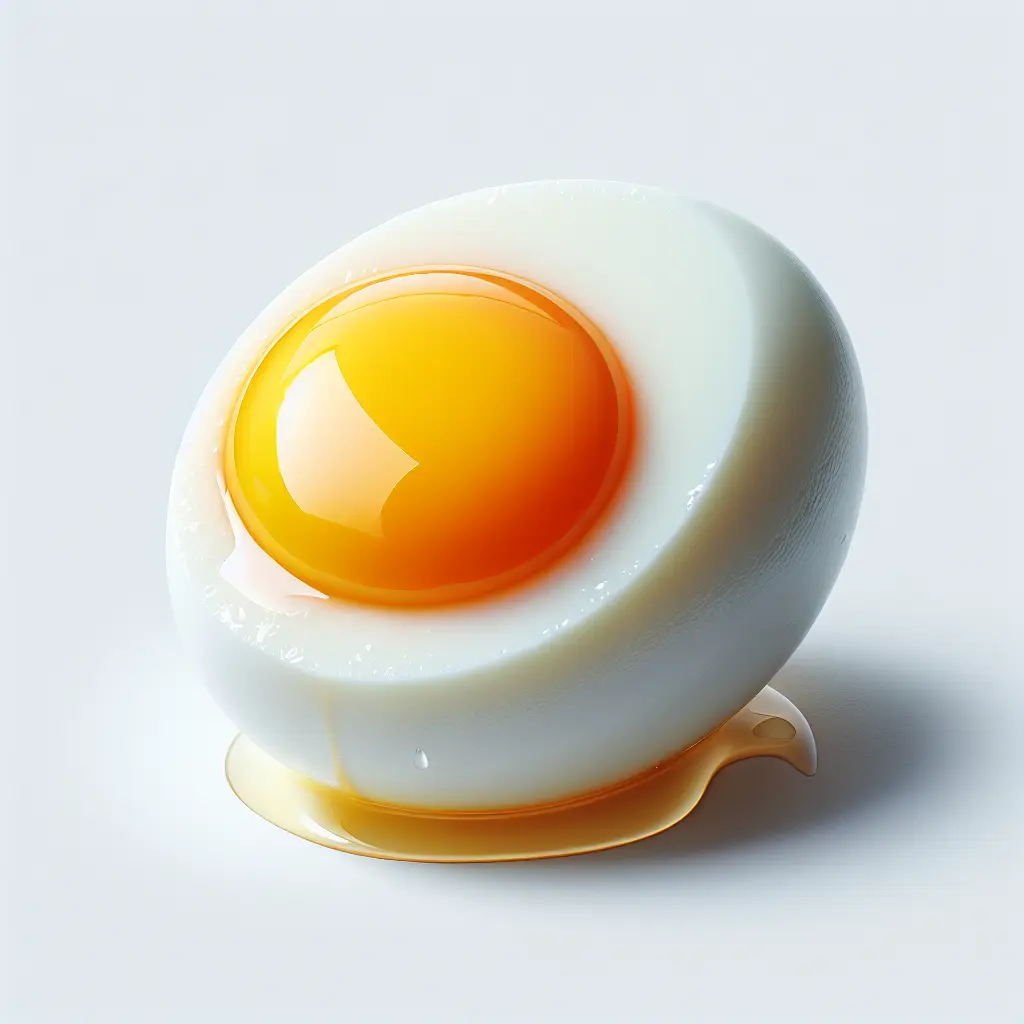Boiled Eggs: A Nutritious and Versatile Breakfast Staple
Boiled eggs are a simple but incredibly nutritious food. They are an excellent source of protein, healthy fats, and vitamins. This article explores the nutritional benefits of boiled eggs and provides tips for cooking them perfectly.
Nutritional Benefits of Boiled Eggs
Boiled eggs are a nutritional powerhouse. A single large boiled egg contains the following nutrients:
- Calories: 78
- Protein: 6.3 grams
- Fat: 5.3 grams
- Carbohydrates: 0.6 grams
- Fiber: 0 grams
- Sugar: 0.6 grams
In addition to these macronutrients, boiled eggs are also a good source of several vitamins and minerals, including:
- Vitamin A
- Vitamin B2 (riboflavin)
- Vitamin B12 (cobalamin)
- Iron
- Selenium
Benefits of Eating Boiled Eggs
Eating boiled eggs regularly can offer a number of health benefits, including:
- Weight loss: Boiled eggs are a low-calorie, high-protein food that can help you feel full and satisfied. This can help you reduce your overall calorie intake and lose weight.
- Muscle building: The protein in boiled eggs is essential for building and repairing muscle tissue. This makes them a great food for athletes and people who are trying to gain muscle.
- Improved cholesterol levels: Boiled eggs contain HDL cholesterol, which is the "good" cholesterol. HDL cholesterol helps to remove LDL cholesterol, which is the "bad" cholesterol, from your arteries. This can help to improve your cholesterol levels and reduce your risk of heart disease.
- Reduced risk of chronic diseases: The antioxidants in boiled eggs may help to protect against chronic diseases such as cancer and heart disease.
How to Cook Perfect Boiled Eggs
Cooking boiled eggs is simple, but there are a few tips that can help you achieve the perfect egg every time.
- Start with cold eggs. This will help to prevent the eggs from cracking when they are added to the boiling water.
- Bring the water to a boil before adding the eggs. This will help to ensure that the eggs cook evenly.
- Cook the eggs for 10-12 minutes for a hard-boiled egg or 6-8 minutes for a soft-boiled egg. The cooking time will vary depending on the size of the eggs.
- Immediately transfer the eggs to an ice bath after cooking. This will help to stop the cooking process and prevent the eggs from overcooking.
Conclusion
Boiled eggs are a nutritious and versatile food that can be enjoyed for breakfast, lunch, or dinner. They are a great source of protein, healthy fats, and vitamins. Eating boiled eggs regularly can offer a number of health benefits, including weight loss, muscle building, improved cholesterol levels, and reduced risk of chronic diseases.
How many calories are in Boil Egg?
Each 1 large of Boil Egg contains 78 calories.
Boil Egg Nutritional Information
| Nutrient | Amount per 1 large (50g) |
|---|---|
| Calories | 78 Calories |
| Protein | 6.3g |
| Fat | 5.3g |
| Saturated Fat | 1.6g |
| Cholesterol | 0.187mg |
| Carbohydrates | 0.6g |
| Dietary Fiber | 0g |
| Sugar | 0.6g |
| Sodium | 0.062mg |
| Potassium | 0.063mg |
| Calcium | 0.025mg |
| Iron | 0.0006mg |
